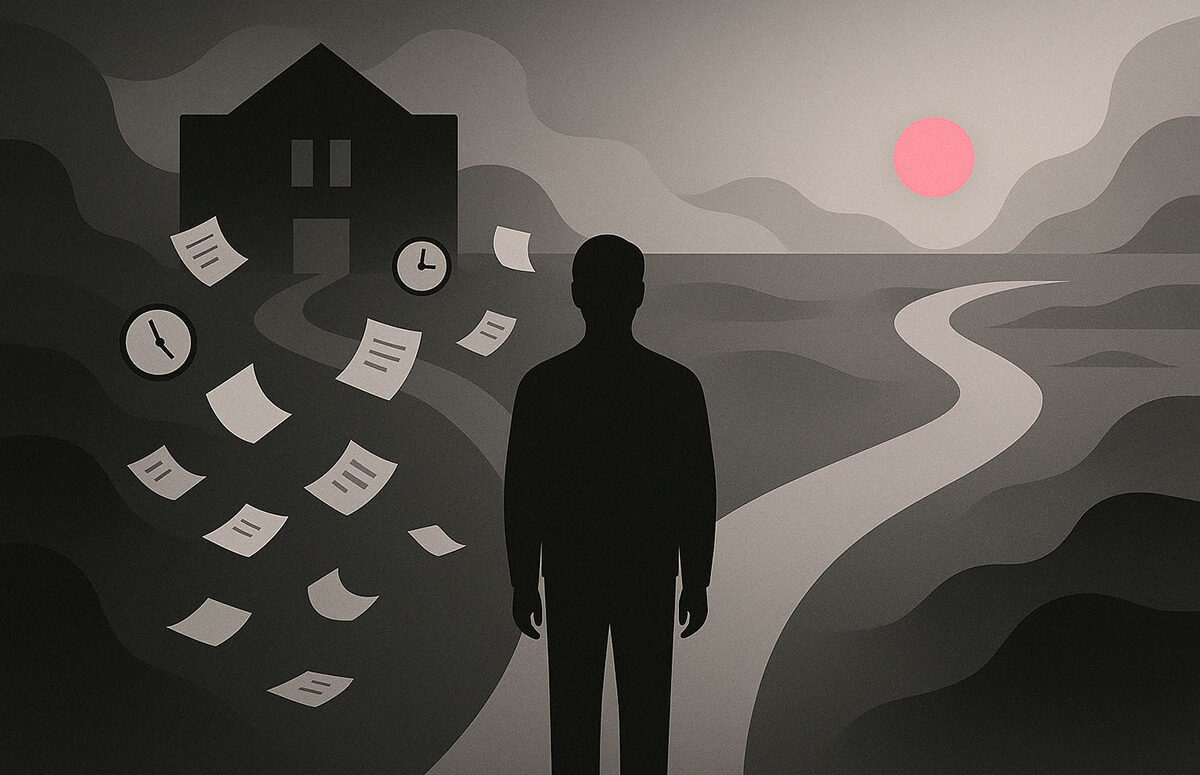Within education, one of the many, yet often-unspoken crises, is the dilemma that forces teachers into a precarious balancing act between their commitment to shaping young minds and the relentless demands that threaten to consume their personal lives. At the heart of this issue lies a stark reality: the sacrifice of free time by educators striving not just to thrive in their profession but merely to survive the overwhelming workload.
This predicament is not merely an individual struggle; it’s a pervasive issue casting a shadow over the entire education system. The significance of this sacrifice cannot be overstated, as it not only impacts the lives of those on the frontline of education but sends ripples through the very fabric of our schools and classrooms. It’s time to shine a spotlight on this critical issue that has quietly become the unwritten narrative of many educators’ lives.
Problem “The Sacrifice of Self”
The issue is a complex one: the sacrifice of personal time and well-being in the pursuit of surviving the overwhelming, hamster-wheel workload that accompanies a career in education. Many teachers find themselves caught in a perpetual balancing act, where the line between professional duty and personal life becomes more blurred than looking at a Monet with cataracts. Of course, when the bell goes you should have the confidence to jump in your car, blast the air horn, and screech out of the staff carpark to start your next job: life admin
Causes
There are many variables and the causes are multifaceted, ranging from an ever-expanding curriculum to bullshit, administrative pressures. The relentless demand for teachers to don more hats than fifty episodes of Mr Ben – educator, mentor, counsellor, and administrator – contributes to the erosion of personal time. But for me the biggest factor is this, The Staying Late Tonight (SLT) cabal promotes a toxic attitude to work/life balance, proudly declaring,
“Oh I was working ’til eleven last night” **smug face
some slt person
They create a culture that glorifies sacrificing one’s life for the profession and this perpetuates the cycle.
Effects
The repercussions of this sacrifice extend beyond the staff room and into the heart of education – the students. A tired, overburdened teacher can’t provide the level of support and inspiration that students need. The impact manifests in diminished academic performance, increased stress levels among students, and a compromised overall learning experience. Teachers are tired, stressed and anxious, indeed there are more antidepressants/antianxiety pills in school than a Pfizer distribution warehouse – Prozac by the photocopier and Xanax by the whiteboard. As a result, teachers are leaving in record numbers!
Solutions
Breaking free from this cycle requires a collective effort to redefine the shocking expectations placed upon teachers. Firstly, acknowledging that teaching is not just a job but a noble calling is crucial (in another post I will talk about the social vs economic relationship). However, this should not translate into an endorsement of bullshit expectations. Schools and educational institutions must implement practical measures, such as workload assessments, clear delineation of roles, and support systems for teachers.
Moreover, leadership cannot expect teachers to make teaching their lifestyle, just because they choose to do so, some of us have a fucking life! Fostering a culture that values work-life balance is essential. Teachers who choose teaching as a lifestyle should not be pushed into leadership roles based on their sacrifice alone. Leadership positions should be occupied by individuals who exhibit effective leadership skills, empathy, and a genuine commitment to improving education. Jesus Christ if you take anything from this post and you have any influence on the recruitment of leadership roles, for the love of all gods, employ competent leaders.
Conclusion
It is not insurmountable. It requires a paradigm shift in how we perceive the teaching profession and the expectations we place on those who dedicate their lives to it. Do not fall victim to the guilt-driven culture that perpetuates unrealistic expectations. Instead, strive for a system where teachers can thrive personally and professionally, creating an environment where students can flourish and reach their full potential.
As educators, administrators, and advocates for quality education, we must collectively address the work/life balance dilemma and work towards a future where teaching is a fulfilling vocation without sacrificing one’s lifestyle. The well-being of our educators directly correlates with the success of our students – a symbiotic relationship that demands our immediate attention and concerted efforts.

